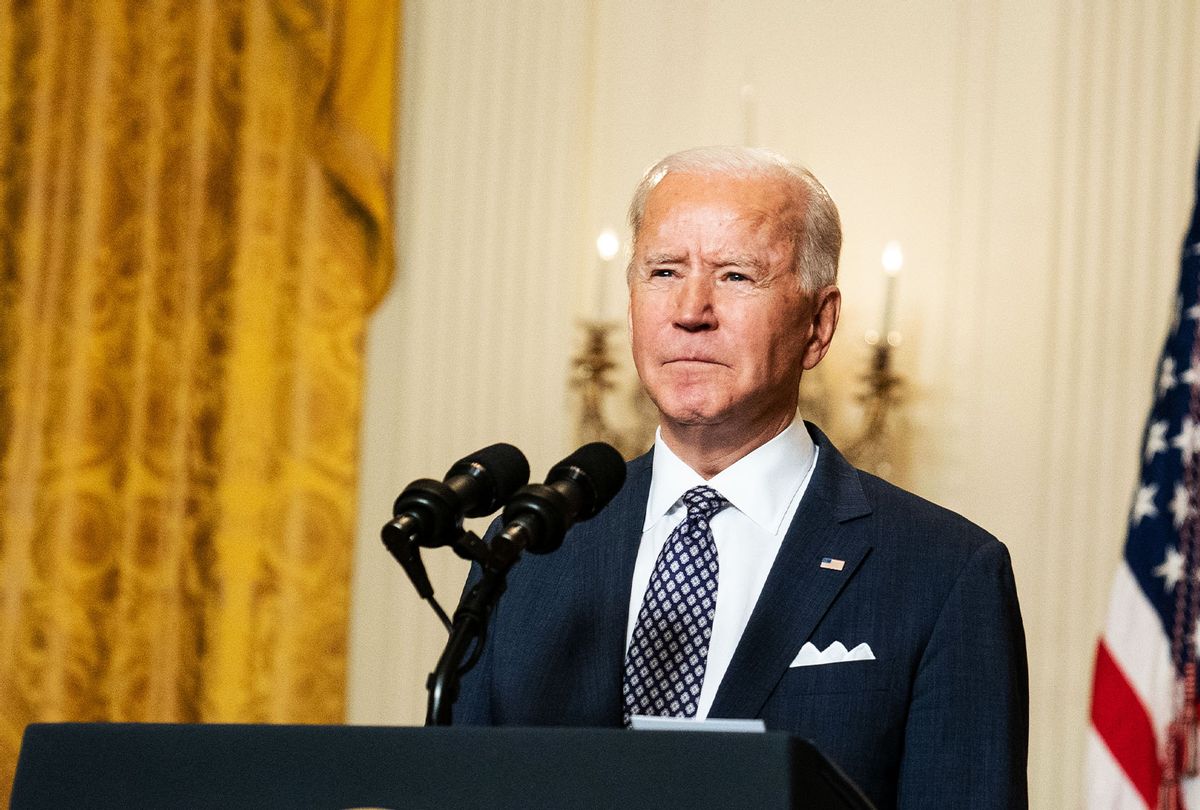Amid yet more videos of routine police stops gone bad for Black citizens, the White House apparently dropped plans for a national commission on policing to press instead for legislation.
We're being forced as Americans to come up with answers to the continuing string of police incidents that disproportionately are escalating what most of us would see as pretty ordinary episodes into absolute moral horror stories.
We don't expect that routine matters like expired license plates or a new car's paper license instead of the plate end up with threats and physical subjugation. Body cams only make visible what was already there.
People and police are getting hurt and emotionally drained by what strikes as inexplicable. There simply is no way to understand:
- an "accident" in which a veteran police officer is said to have mistaken an 8-ounce Taser from a 2-pound, fully loaded Glock holstered on different sides of the body
- or using pepper spray and beating a cooperative, uniformed Army lieutenant
- or keeping a knee on the neck of George Floyd for nine minutes and 29 seconds
Worse, some of these incidents start from unintended mistakes, like serving a no-knock warrant on the wrong address.
Yes, there are complications in each case – from outstanding warrants to a glimpse of something that may be a weapon–but no police officer knew them at the time of the stop. Add in political overtones, and we have problems.
The sheer number of such incidents – a reported 1,200 in 2020 alone – are resulting in an ever-repeating cycle of abuse, injury, even death to Black people arrested by police. The police, under pressure, seem to be too quickly pulling weapons amid admittedly confusing situations. Street protests, looting and police riot response follow.
During the presidential campaign, Biden said he would bring police and protesters together, with academicians, politicians and Civil Rights representatives looking for common ground.
But the flood of incidents is pushing for quicker government response, even understanding that policing is a local function with local police union contracts and local histories difficult to steer in any new direction.
Still, there is the so-called George Floyd Justice in Policing Act, which basically would:
- limit immunity from prosecution for errant police officers
- eliminate particular policing techniques
- create national tracking of these police abuse incidents
It has passed the House, but faces an uncertain future in the split Senate.
We've Been Here Before
Last year, a bill aimed at curbing police tactics like chokeholds failed. Republicans, who backed an alternative from Sen. Tim Scott, R-S.C., did not want to drop police immunity from potential prosecutions. The bill basically has reappeared to address a wide range of policies and practices, as well as accountability by law enforcement, including the required use of body cams.
Specifically, the bill would:
- facilitate federal enforcement of excessive use of force by state and local law enforcement
- expand the criminal intent standard—from willful to knowing or reckless—to convict a law enforcement officer for misconduct in a federal prosecution
- limit qualified immunity as a defense to liability in a private civil action against a law enforcement officer or state correctional officer
- authorize the Justice Department to issue subpoenas in investigations of police departments for a pattern or practice of discrimination
The Trump administration moved away from overall investigations of municipal police departments with patterns of abuse. This bill would create a National Police Misconduct Registry to compile data on complaints and records of police misconduct. And it would offer a framework to prohibit racial profiling at the federal, state and local levels, including bias training.
The decision to stand down on a commission was made after close collaboration with Civil Rights leaders, according to reports, as well as consultations with both protesters and police unions. The general emergent view was that a commission would simply delay action that is needed now and would repeat the work of previous commissions.
Scott is working with the House author, Rep. Karen Bass, D-Calif., on what can pass in the Senate, where 60 votes are needed.
Still, the political extremes Right and Left and are hard at work. Views range from the total defense of all things Blue Lives Matter to Rep. Rashida Tlaib (D-Mich.) arguing that policing cannot be reformed from being "inherently and intentionally racist."
Bringing Rationality
You would think that after this last year we'd would have learned a lot more about addressing pandemics, epidemics or merely widespread, continuing social disease. We are not.
Just as we continue to argue about the use of masks, vaccines and public health limits even as whole states are rising again in coronavirus cases, we can't find agreement that there is a serious race problem facing policing. The trigger response to leap to politics to label protests as riots for partisan political reasons or to see the number of 911 calls for Black joggers is telling us something very important about the pandemic of fear in our country.
The number of times we hear politicians decrying an opponent's use of "the race card" should be prompted for saying that we need to do more, much more, as individuals and as a society to cool the heat of reactions.
The heightened response of police is as much a reflection of general societal values as it is of training protocols that stress use of weapons over a desire to de-escalate situations before they get out of hand.
That we are seeing new cases of police escalation even as we move through an extremely tense, nationalized focus on the Derek Chauvin trial on charges of murder in the Floyd death, is more than bad timing. As the defense opens its case, there is active worry about what justice actually means in the resolution of this particular case.
But we all believe that the next overly dangerous police escalation incident, we easily can believe, will emerge this weekend or next week. That's the problem with hair-triggers: They go off.
Passing the George Floyd Act won't stop all of these incidents. But it can be an important marker toward:
- commiting to recasting training
- underscoring efforts toward de-escalation
- upholding a morality that we think the country is meant to reflect
Judgment calls that police officers must make under pressure still allows for defense when charges are warranted. The community can demand that there be a formal review of the rightness of the police response.
We won't miss another commission report.




Shares